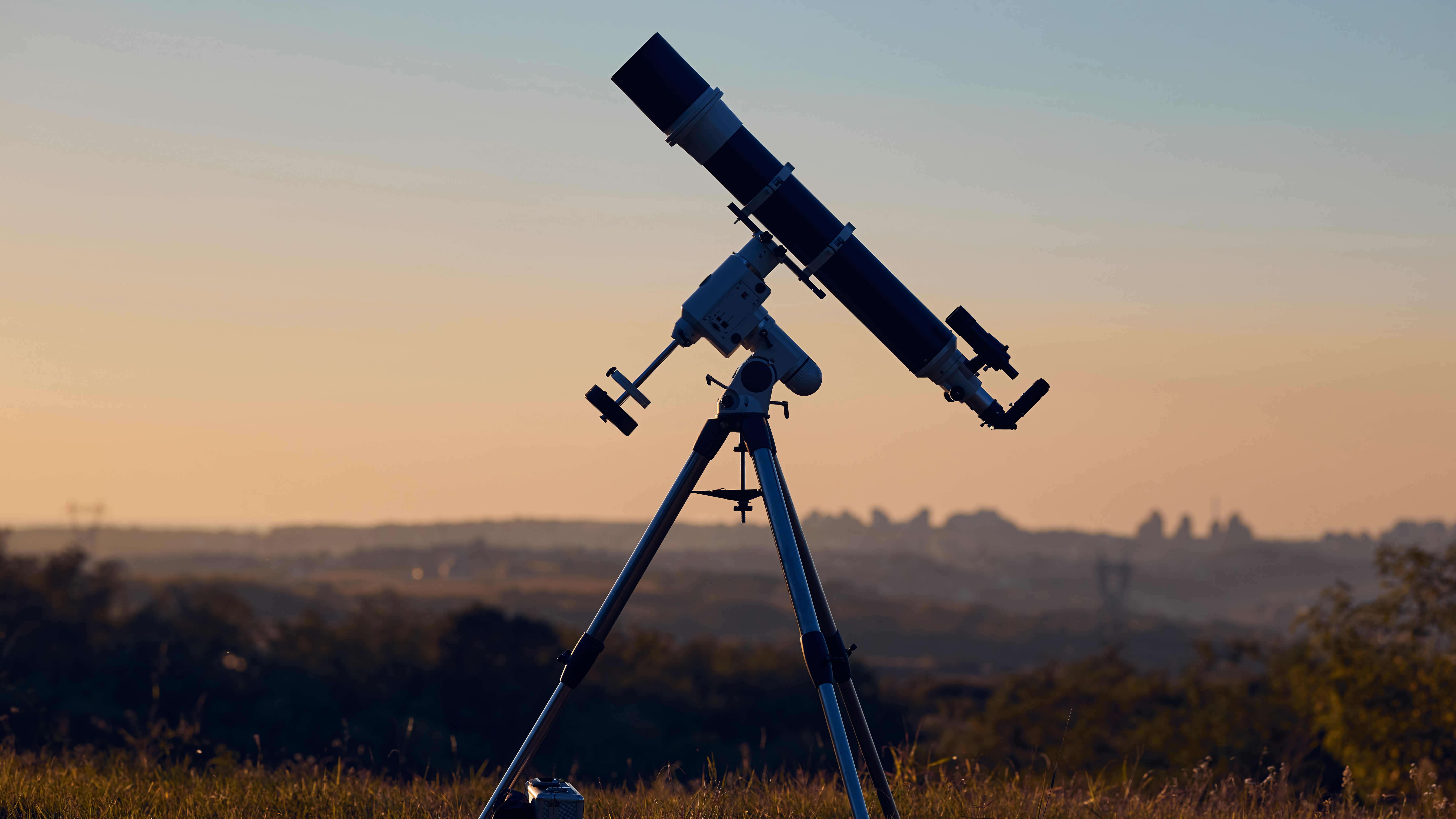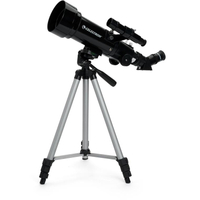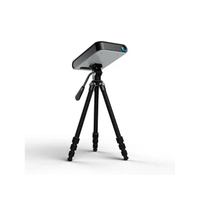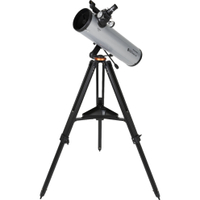Telescopes at Best Buy: Deals in stock 2025
Best Buy offer a range of telescopes for beginners to experienced skywatchers — here are the best bargains this month.

Want to make the most of the new moon this May 26, which makes the nigh? You'll need a telescope, and it's worth shopping around for the best telescope deal.
Best Buy has some great offers on some of the best telescopes, even if the selection is small, with their range covering quality telescopes for every level of experience.
— More top deals: Telescopes on Amazon
— See the latest discounts: Telescopes at Walmart
— Not ready for a telescope? Read our best binoculars guide
We keep this guide updated making sure you don't miss out on the latest offers, whether you're an experienced astronomer looking for an upgrade or a beginner searching for their first telescope under $500. You'll also find helpful buying advice to guide your decision, along with options suited for kids and those just starting out.
Scroll down to discover the top telescope deals at Best Buy and find the perfect addition to your stargazing setup!
Best telescope deals at Best Buy May 2025
Save $30 on a telescope that features a 70mm aperture, fully coated glass optics, a full-height tripod, a travel backpack, two eyepieces, a finderscope and more. It's ideal for viewing stars and inspiring those without much previous stargazing experience.
Save $50 on this hi-tech smartphone-based Vaonis Hestia telescope. An offshoot of Vaonis’s Vespera telescopes, the Hestia makes use of your smartphone. It offers 25x magnification and the ability to capture what you see at the touch of a button.
Save $48 on this Newtonian reflector telescope. One of the best budget telescopes, we rated the Celestron StarSense Explorer DX 130AZ as the best overall for under $500.
Buying advice
Puzzled by the different types of telescopes on offer? We'll break it down for you. There are three basic types of telescopes: refractors, reflectors and catadioptrics. Refractors are great for highly magnified views of planets and moons, while reflectors offer better views of deep-sky objects, star clusters and galaxies. Catadioptric telescopes correct some of the visual problems found in these older styles – such as chromatic aberration.
Reflectors
Reflectors are usually either Newtonian or Dobsonian in design. Newtonian telescopes are good for a wide range of viewing targets and are often useful for astrophotography – however, they require a lot of maintenance and can be complicated to set up, whereas Dobsonians are more straightforward.
Refractors
This type of telescope is ideal for beginners, offering a straightforward assembly and a lower price point. They do, however, tend to suffer from chromatic aberration, where bright objects appear to have a kind of halo. This doesn't ruin the viewing experience, so don't let this put you off too much. If you're just starting out, a refractor is a good way of discovering if skywatching is for you.
Catadioptric
Catadioptric telescopes fall into two broad categories: Maksutov-Cassegrain and Schmidt-Cassegrain. Schmidt-Cassegrains traditionally have bigger apertures, while Maksutov-Cassegrains usually have small apertures. The Schmidt-Cassegrain is usually better for astrophotography and for broader views, while the Maksutov-Cassegrain is great for sharp views of planets and moons.
Both types often come with a computerized GoTo system, which can work out which way the telescope is pointing and automatically adjust it to align with chosen targets. However, they tend to be more expensive than both reflectors or refractors, so we'd recommend these for committed stargazers.
Choosing a telescope
We recommend taking two main things into consideration: personal budget and what you’d prefer to view in the night sky. If you’d prefer high-magnification views of planets and moons, go for either a refractor or a Maksutov-Cassegrain design.
For views of deep-sky objects, star clusters and galaxies, opt for a reflector or a Schmidt-Cassegrain telescope. If you need more detailed guidance, have a look through our piece on the best telescopes, which goes into more detail on all of the above.
Join our Space Forums to keep talking space on the latest missions, night sky and more! And if you have a news tip, correction or comment, let us know at: community@space.com.
Breaking space news, the latest updates on rocket launches, skywatching events and more!
Ruth has worked across both print and online media for five years, contributing to national newspaper titles and popular tech sites. She has held a number of journalist roles alongside more senior editorial positions, and was formerly acting as a commissioning editor for Space.com until 2022.
- Chris McMullenContributing Writer
- Alexander CoxE-commerce Staff Writer
You must confirm your public display name before commenting
Please logout and then login again, you will then be prompted to enter your display name.




